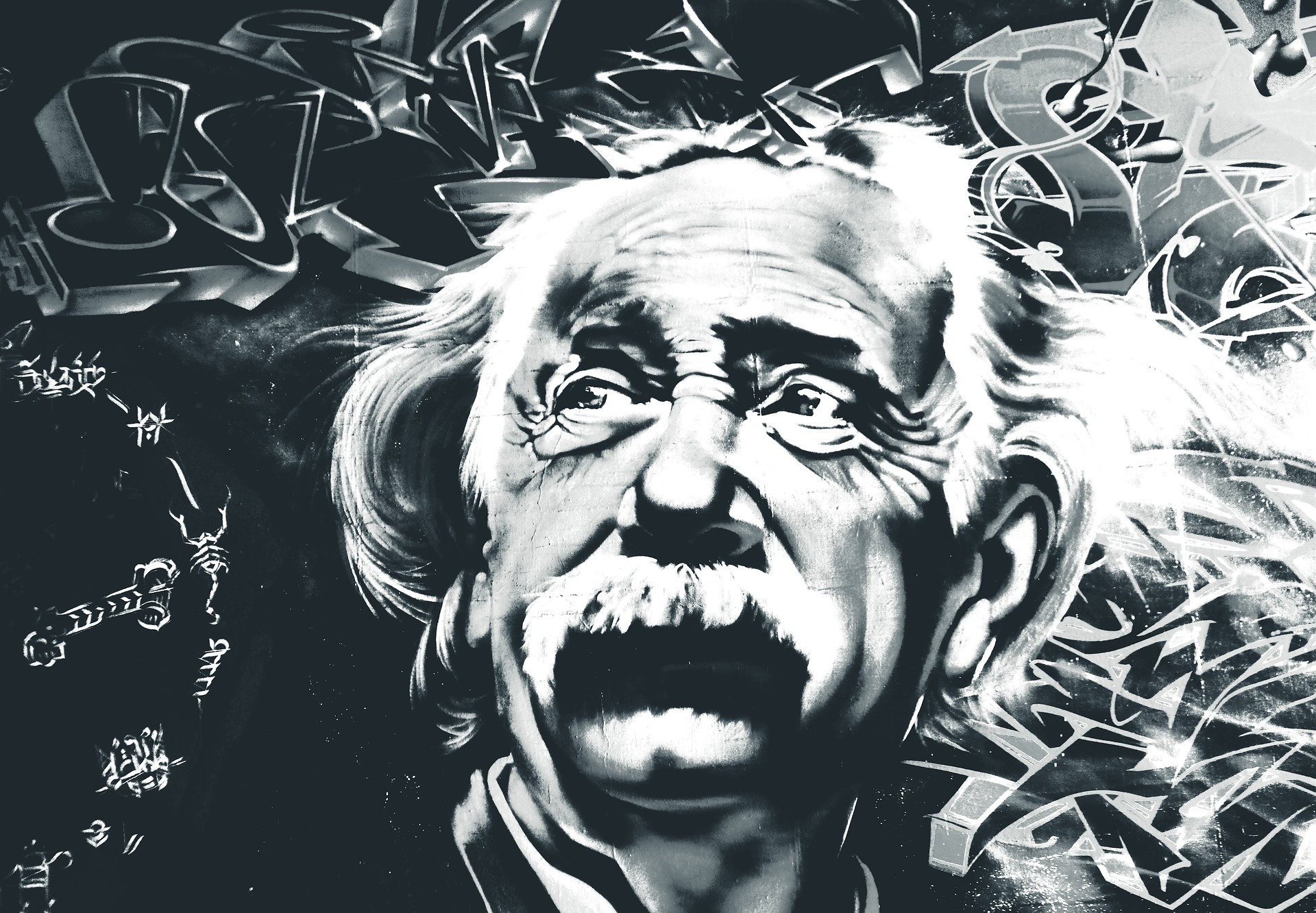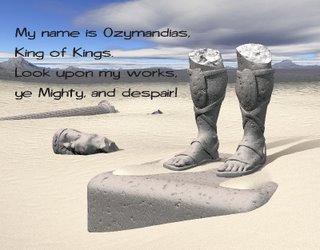Critical Analysis of The Man he Killed
The poem is a direct attack on the glorification of war. There was always a certain glory added to war, and martyrdom was deified. Hardy, along with other war poets who came after Hardy, like Wilfred Owen, Siegfried Sassoon, Rupert Brooke, tried to concentrate on the negative aspects of war.
The poem is direct in its attack on the war culture. Hardy uses dramatic monologue to create a situation where he can comment on the futility of war without drawing too much attention to himself. By creating a poetic persona, he keeps his readers’ focus on the subject matter he’s dealing with. On the whole, the poem is acutely ironic. Hardy’s speaker continuously draws attention to his morally ambivalent action. However, he keeps justifying his action, which makes us wonder about it. He admits his guilt yet at the same time subverts it by blaming it on war. This brings us to the question of the limit of wars. At what point does it become too much? This also begs the question of the casualty of wars. It’s not just soldiers but hundreds of innocent people who get massacred for the cause of a few. It is these ‘few’ that Hardy targets. His poem, on one level, depicts one soldier’s struggle to accept his action of killing another soldier. On another level, it is an example of the entire mechanism of war. Or rather, its aftermath. However, it is interesting to note that ‘The Man He Killed’ is different from other war poems, where the speakers are way too distraught or marred by the spectacles. Hardy’s speaker maintains composure, and even a certain rhythm, throughout the poem. The sense of morose dejection is absent from the poem, which is so prominent in the poems of Wilfred Owen. This is perhaps because Hardy himself had not served at the army. However, his portrayal still manages to grab attention due to its quick pace and ironic wit.
The title of the poem too can be read as a quip on the subject. ‘The Man He Killed’ is a double-pronged expression which can be used for either soldier. In one reading, ‘The Man He Killed’ can be interpreted as the poet’s way of addressing the speaker of the poem and his act of killing a soldier. The Man is the soldier who has been shot dead, He, the speaker of the poem, who shoots the soldier. In another reading, it can be found that it the Man may very well mean the speaker. By killing the soldier of the enemy faction, he suffers a death too, albeit figurative.
Hardy had always been centered on the rural life of England and Victorian hypocrisy. Most of his works dealt with the problems of rural culture and the Victorian obsession with morality, purity and other social constraints, hence, hardy became an extremely controversial writer. In this poem too, Hardy keeps up his reputation by attacking the Victorian world for glorifying war culture and making war seem heroic. You may go through the detailed summary here.
Central Idea of The Man he Killed
The central idea of the poem is the futility of war and the havoc it wreaks. The poem is used by Hardy to shed light on the ravages war brings in its wake. The banality of death in times of war is also highlighted while the speaker ruminates on killing the soldier without a second thought. Hardy emphasizes this lack of regard for human life when men are pitted against each other for a cause they aren’t sure about. Thus, the poem is tinged with the senselessness of it all.
Themes of The Man he Killed
There are various themes in this poem.
The Futility of War:
The predominant theme of the poem is the futility of war. The poem stands as a great example of the senselessness of war because the speaker himself admits of its strange nature. The speaker finds it very ‘quaint’ that a man who could otherwise be a friend becomes a foe if he belongs to the opposite faction.
Politics of War:
This has been a favourite theme for most of the war poets. Wars are always fought for the cause of some elect leaders of nations/states. While they don’t actually suffer, millions of innocents do. Hardy is also fueled by this thought when he writes,
Because he was my foe,/Just so: my foe of course he was;/That’s clear enough; although.
The speaker here knows it’s not entirely his fault the soldier died. By condemning his own action and subverting it at the same time the speaker makes it clear that the ones to blame are the few, select ones for whose cause millions die, and many become killers.
Survivor’s Guilt:
This theme lives in the poem subliminally. The poet-persona’s to and fro between self-condemnation and self-justification is an indicator of survivor’s guilt. He knows that if he had not killed the other soldier, he would have been killed by him. Even so, he grasps at excuses by pauses (dashes) and repeating words to assuage his guilt of having killed a man, who perhaps could have been a friend.
Tone of The Man he Killed and Conclusion
Tone of the Poem:
The tone is light, sardonic and rhythmical, but beneath it lurks an immense sadness. The speaker is reminiscent of his time in the battles, but it’s not nostalgia that haunts him. It’s the burden of having killed a man, who could very well have been like him. He keeps the pace upbeat so as not to give in to the guilt, but he also uses dry humour to represent the ridiculous workings of war.
Conclusion:
The poem is at once a critique of war and a take on human psyche. Hardy, by representing an honest aftermath of war through a rural setting, tries to drive home the point he so fervently makes. He also questions our sense of morality when faced with crucial question of life and death. As a sidenote, he also beckons towards the establishment of propagandist killings, and how they are justified in our society. Thus, it’s as much a social commentary as a war critique. You can go through line by line meaning of the poem here.
Keywords: The Man he Killed summary, Meaning of The Man he Killed , The Man he Killed notes, The Man he Killed explanation,The Man he Killed analysis, The Man he Killed theme.
Some online learning platforms provide certifications, while others are designed to simply grow your skills in your personal and professional life. Including Masterclass and Coursera, here are our recommendations for the best online learning platforms you can sign up for today.
The 7 Best Online Learning Platforms of 2022
- Best Overall: Coursera
- Best for Niche Topics: Udemy
- Best for Creative Fields: Skillshare
- Best for Celebrity Lessons: MasterClass
- Best for STEM: EdX
- Best for Career Building: Udacity
- Best for Data Learning: Pluralsight
















